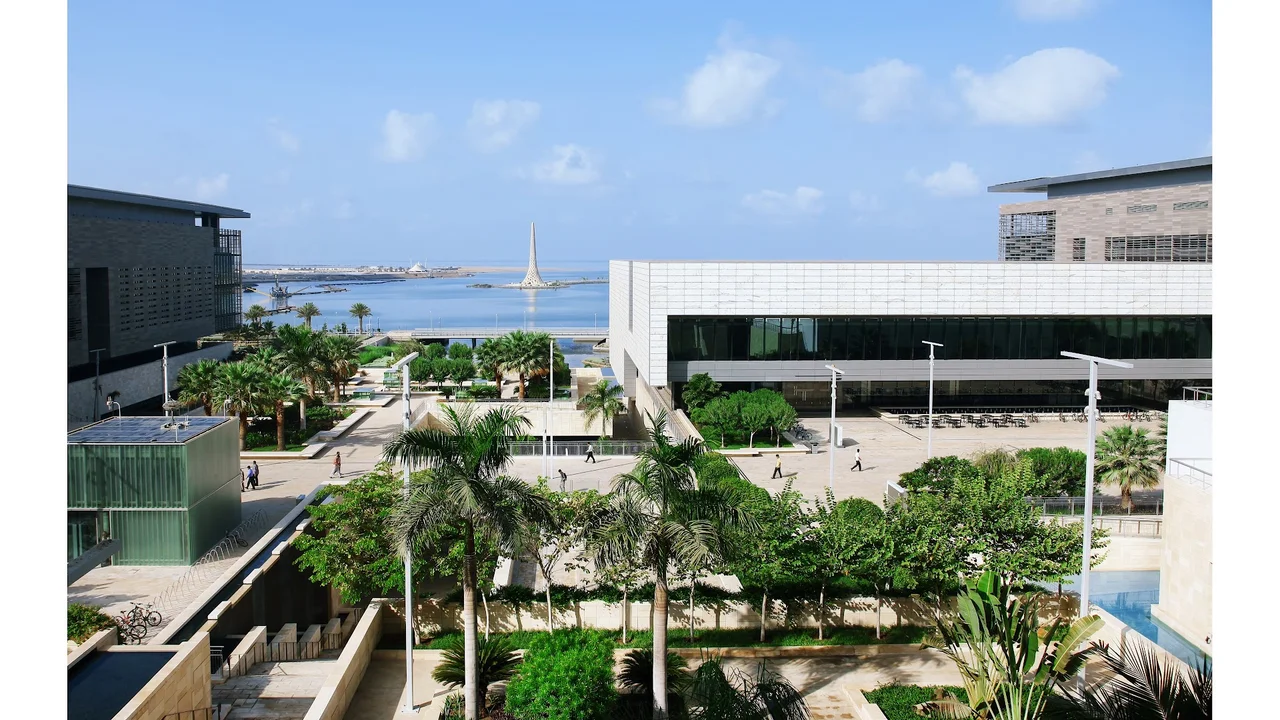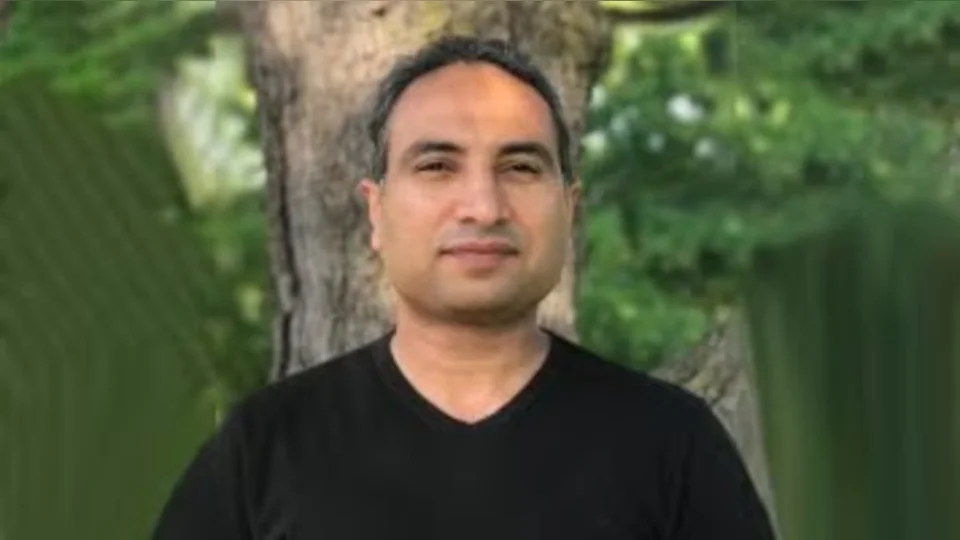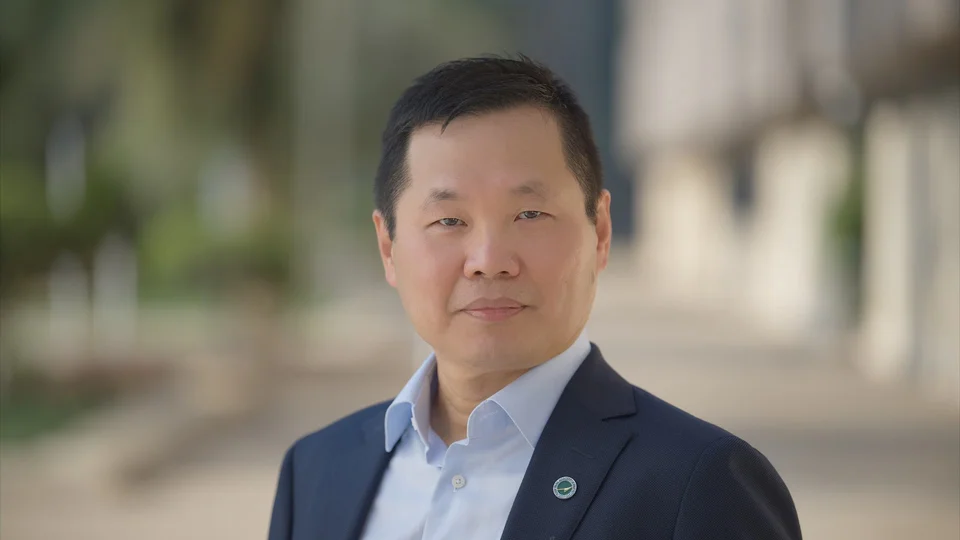
EE Graduate Seminar | Towards Efficient Fuel Alternatives: Unbiased Photocatalytic Hydrogen Generation from Pure Water using III-Nitride Nanowires
About
The expected depletion of fossil fuel reserves and its severe environmental impact have emphasized the need for sustainable and clean energy resources. Solar hydrogen generation from water splitting using sunlight and semiconductors is a promising alternative to conventional fossil fuels, which has great potential to relieve energy and environmental issues and bring an energy revolution in a clean and sustainable manner. To be practical, hydrogen production needs to tackle the challenges of high solar-to-hydrogen (STH) energy conversion efficiency and high stability of the materials and devices. In photoelectrochemical (PEC) water splitting, as an example, the bandgap of semiconductors, band-edge potentials, optoelectronic efficiency, and stability must be satisfied simultaneously to improve the STH efficiency. In this talk, challenges and opportunities for solar hydrogen fuel generation using III-nitride nanostructures will be discussed.
Biography
Dr. Mohamed Ebaid is a Postdoctoral Fellow of Photonics Laboratory in the Division of Computer, Electrical and Mathematical Sciences & Engineering (CEMSE) at King Abdullah University of Science and Technology (KAUST). He received his Ph.D. in Physics at Chonnam National University, South Korea in 2015 with the research focus on III-nitride semiconductor nanostructures for solid state lighting and renewable energy applications. His current research focus on the growth, characterization and integration of nanostructured III-nitrides for the conversion as well as the storage of the solar hydrogen energy. As of March, 2017, he has authored/co-authored more than 20 journal papers, filed 4 patent disclosures, and gave more than 10 presentations in international conferences.

